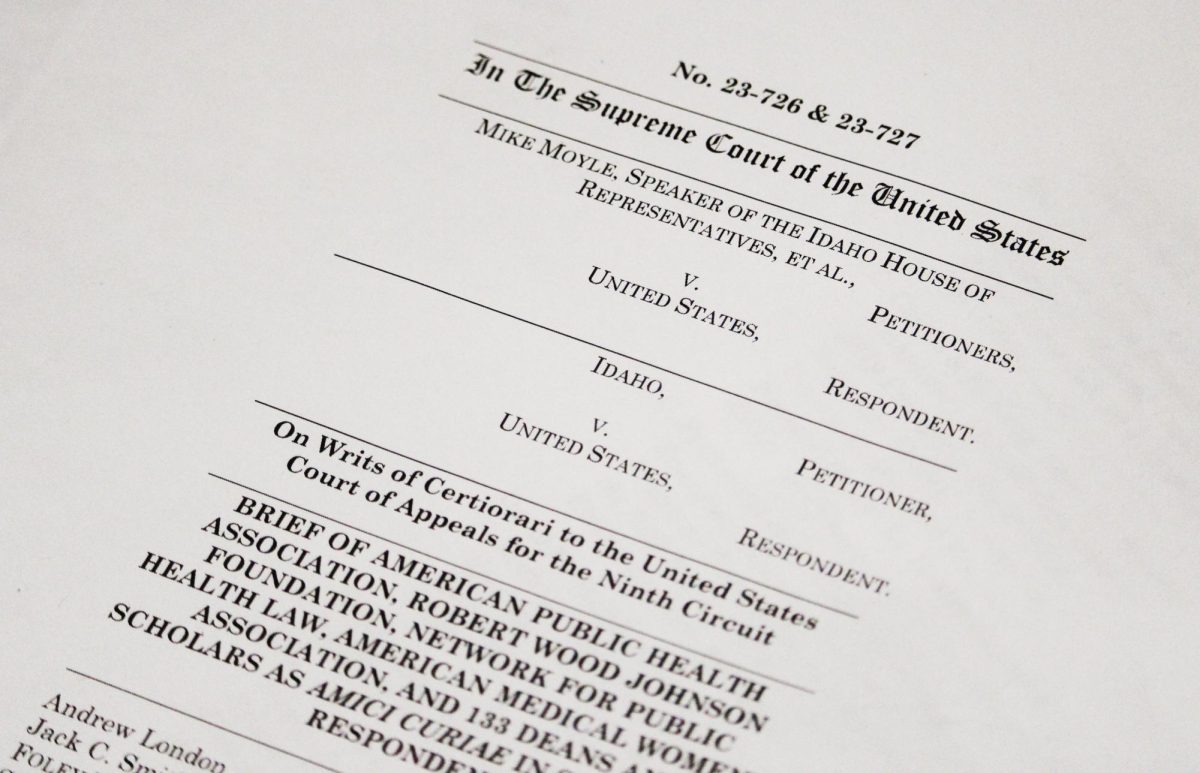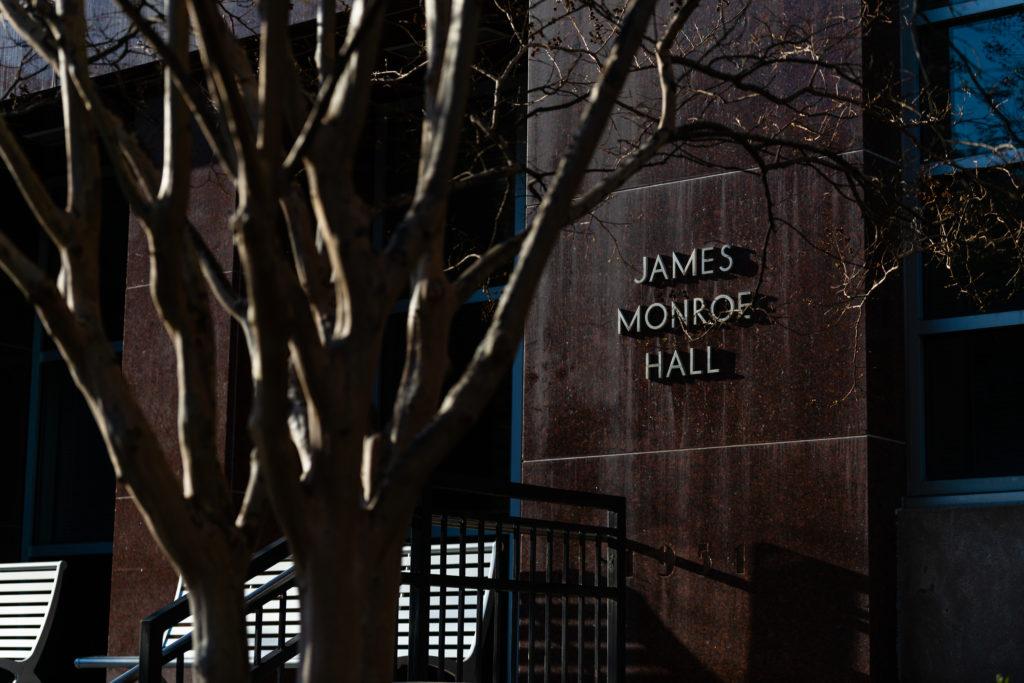Professors’ days are typically filled with lectures, office hours and research – and the pandemic has added teaching their kids’ schoolwork to the to-do list.
Faculty members said they’ve needed to oversee their children’s virtual learning in addition to teaching their own virtual classes as schools throughout the region remain closed due to the COVID-19 pandemic. Professors said they’ve altered their teaching schedules to include asynchronous instruction and have worked early in the mornings or late at night to accommodate the responsibilities of having children at home.
Gayle Wald, a professor of English, said her 13-year-old son is managing online education independently, but she has trouble overseeing his daily schedule to ensure he stays organized.
“My son is pretty independent but still needs support in organizing his day and keeping up with school demands,” Wald said. “So I find myself constantly toggling between my work and checking in on him to make sure he’s on point.”
Wald said she’s worried that the lack of social interaction during the pandemic is particularly harmful to the development of any 13-year-old. But she said she’s grateful that she has the help of her partner to help manage her responsibilities and that her son can access the internet to complete school, which some parents don’t have.
“A couple of my son’s teachers are single moms, and I have tremendous respect and admiration for their commitment to teaching eighth graders during this pandemic,” Wald said in an email.
Ari Isaacman Bevacqua, an adjunct professor of audience development in the School of Media and Public Affairs and the director of communications at The New York Times, said she sometimes needs to work on-the-go in her car instead of at her desk at home to accommodate the needs of her 10-year-old son. She said finding the time to take her son to some sort of outdoor activity has allowed him to interact with other kids.
“He is doing roller blading right now, so I just sit and work outside of my son’s outdoor activities, and my car is like an office to me now,” she said. “I just sit there and work because I really want him to have some kind of interaction with other kids.”
Bevacqua said the last time her son attended in-person school was in March. Although she has to assist him with his online schoolwork sometimes, she said her son’s school has greatly improved the virtual education experience over the course of the pandemic, which has alleviated the need for her help.
“He can do a lot of things independently, but I want to find the balance where I’m there for him when he needs and I’m also empowering him to be able to learn,” she said.
Bevacqua said her son has been conscious of her time while she’s working and will step out of the room if he sees her colleagues on video call.
“When I’m teaching at night, he and I will make a plan in advance in terms of if he is going to work on some homework and then watch a show,” she said. “I will make a plan for his dinner and things like that in advance, and he kind of likes that because he gets an opportunity to do things on his own.”
Tom Guglielmo, the chair of American studies department and father of two kids ages 4 and 8, said he has been unable to entirely devote himself to his work since the pandemic began. He said since his wife has a more rigid schedule as an attorney, he has taken the responsibility of being the “primary caregiver” throughout the day.
“The 8-year-old can manage somewhat on his own, and he’s got schoolwork that can keep him somewhat busy maybe for half that time, but the 4-year-old, she is on the computer for school maybe an hour, hour-and-a-half a day,” Guglielmo said. “They are good at playing with each other and occupying their time a little bit, but basically I’m the full-time parent during that period.”
Guglielmo said this responsibility has forced him to alter his daily schedule to include time to work uninterrupted either in the mornings or at night while his kids are asleep. Teaching his class in a largely asynchronous style has helped him maintain this new schedule, he said.
“I record lectures so I can do that at night when the kids are in bed, or I can do that when they are busy during the day, so that has kind of worked out,” he said. “Some of the class is synchronous but not a lot. That again gives me some flexibility, a lot of flexibility actually.”
Guglielmo said even though there is some pressure to ensure his kids have social interaction outside of the house, his kids have been able to entertain each other and formed a stronger bond. He said he feels for single parents who are handling the pandemic.
“Everyone’s got their own challenges, so it’s just been really tough,” Guglielmo said. “But I think there is support in informal ways. I think people recognize that it’s a tough time in so many different respects for everyone, so I think there’s compassion.”
Jamie Cohen-Cole, an associate professor of American studies and the father of an 8-year-old, said his colleagues have been able to adapt his class schedule so he doesn’t have to teach at times that conflict with his daughter’s class schedule.
“The fact that my class times are what they are is in part because of what my daughter’s schooling schedule is,” Cohen-Cole said. “For instance, there is a GW time ban that is 8 a.m., and that would be good for some GW students, and I’ve taught at that time before. That would really not work this term. But I can say to my colleagues that I can’t teach at 8 a.m. this term.”







